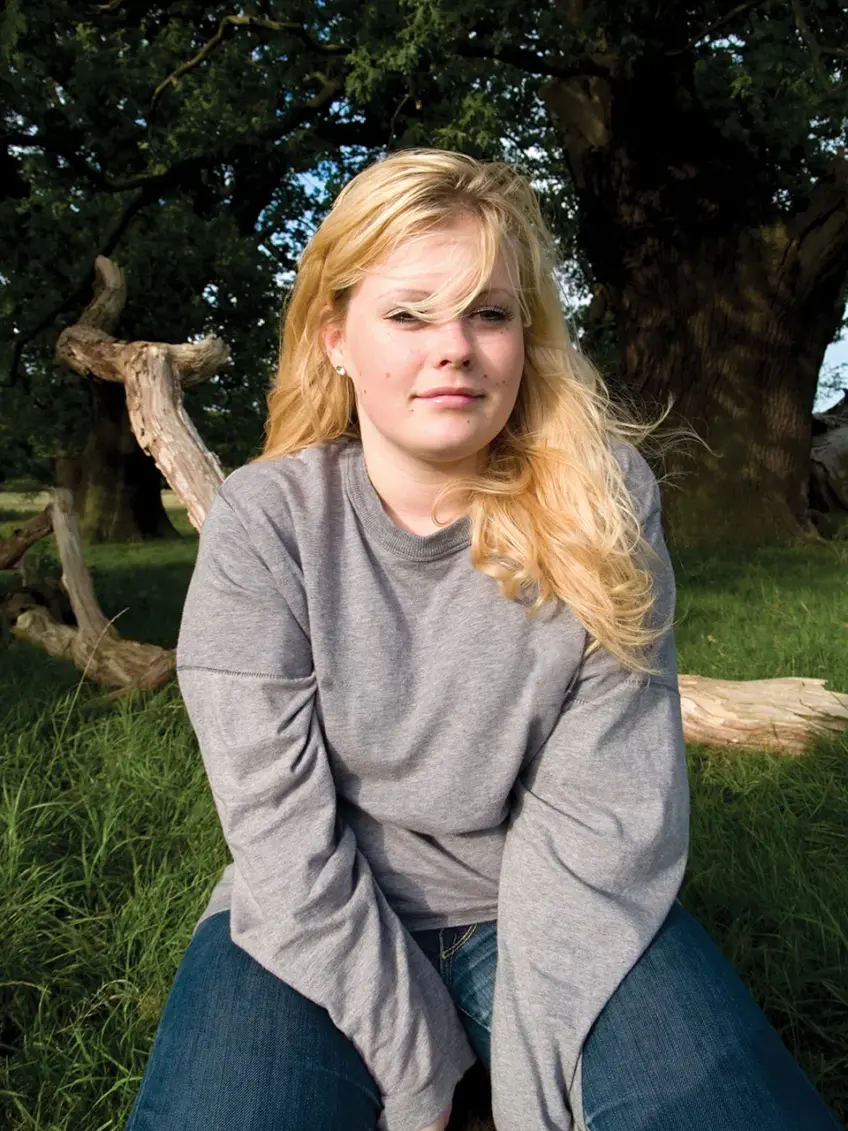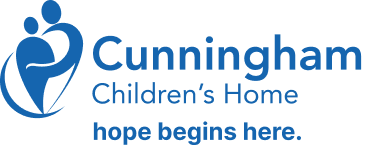
Trauma-informed care (TIC) is an approach that understands, recognizes, and responds to the effects of trauma, using the latest research in brain science and behavioral health.
Our Trauma-Informed model has three components:
- Attachment, Self-Regulation, and Competency (ARC by Dr. Margaret Blaustein)
- ARC is a comprehensive framework for intervention with traumatized youth. The approach is grounded in attachment theory and early childhood development. It addresses how a child’s entire system of care can become trauma informed to better support trauma focused therapy.
- The ARC manual uses easy-to-understand language, defining three main goals (Attachment, Self-regulation, Competency) and a fourth (Trauma Experience Integration). It breaks these down into 10 core targets with strategies for evaluation and involvement at different levels—system, caregiver, and child/youth.
- Collaborative Problem Solving (CPS by Dr. Stuart Ablon)
- CPS offers an evidence-informed approach to assist parents, teachers, and mental health providers identify children’s intellectual skill deficits that lead to challenging behaviors. It starts with the philosophy that ‘children will do well when they can’ and helps adults teach children flexibility, problem solving and emotion regulation skills.
- Neurosequential Model of Therapeutics (NMT by Dr Bruce Perry)
- NMT is a clinically focused method that considers developmental stages and incorporates insights from the brain and nervous system into problem-solving. It relies on evidence-based practices and guides the selection and order of therapeutic, educational, and enrichment activities, aligning with the individual’s needs and strengths.
Other resources
- Locally, CU Trauma & Resilience Initiative is a collaboration of individuals and organizations, including Cunningham, dedicated to making Champaign-Urbana a trauma-informed community.
- The Adverse Childhood Experiences (ACE) study conducted by the U.S. Centers for Disease Control and Prevention and Kaiser Permanente assessed associations between childhood trauma, stress, and maltreatment and health and well-being later in life.
Oprah Winfrey and 60 Minutes
Oprah Winfrey and 60 Minutes reported on how trauma plays a role in childhood development and what new methods are being used to help kids who have experienced it. The story includes an interview with Dr. Bruce Perry, whose expertise Cunningham and HopeSprings follows. It’s a great way to further understand how our kids are experiencing healing and hope. As you will see, it’s not about “what you did,” but rather “what happened to you.”
